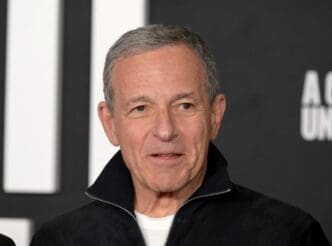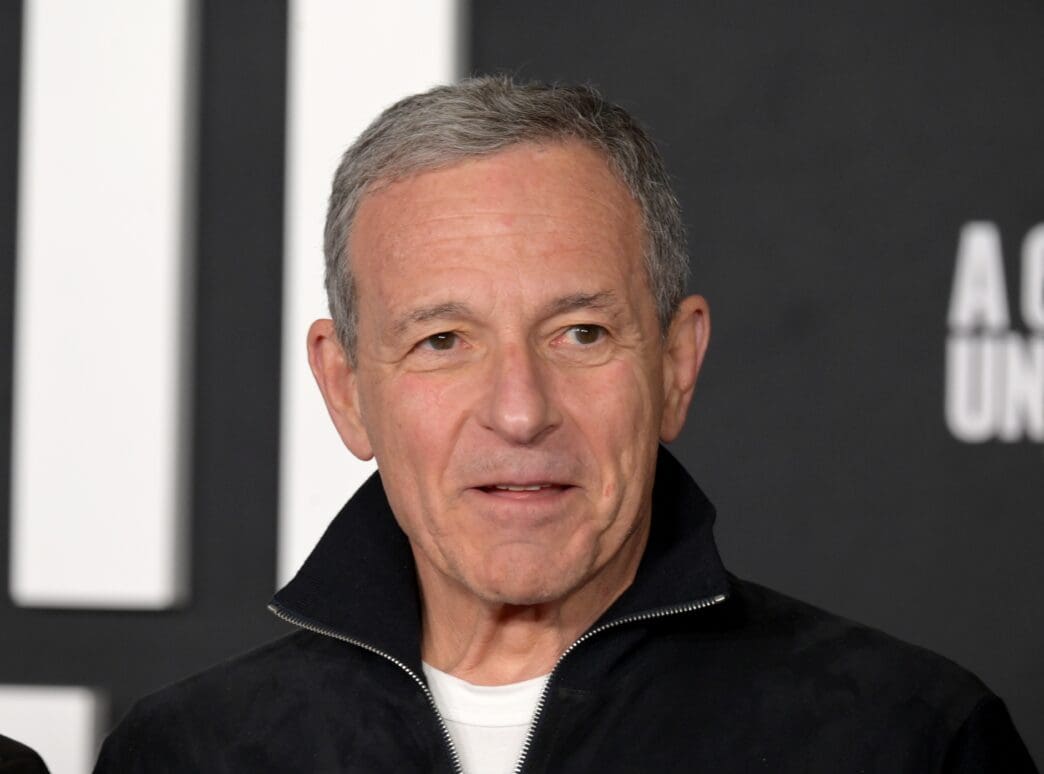Executive Summary
The Story So Far
Why This Matters
Who Thinks What?
Disney CEO Bob Iger is navigating a challenging situation, caught between concerns stemming from ABC host Jimmy Kimmel’s remarks and potential pressure from the Trump administration, with the company’s reputation and critical business deals hanging in the balance. Three days have passed without a publicly announced resolution, placing Iger, who once considered running for president against Donald Trump, in what some observers describe as a no-win scenario.
The Core Dilemma
The situation intensified following remarks made by Jimmy Kimmel at ABC’s annual presentation for advertisers last year, though the specific nature of the current controversy remains officially undisclosed. For Iger, 74, returning to Disney from retirement was a choice, but some fellow executives are reportedly questioning if he regrets his decision given the current pressures.
Reputational Fallout
Disney, a company that prides itself on an all-American, squeaky-clean brand, is now confronting criticism over free speech concerns. The potential for Disney to appear to “cave” to government pressure has led to the company being viewed as a “movie-ready villain” by many consumers. Protests have emerged outside Disneyland, with signs reflecting public sentiment, such as one calling it “the happiest place on Earth — as long as you comply.”
Media commentators have weighed in, with Bill Maher stating on “Real Time” that “ABC stands for Always Be Caving,” drawing parallels to his own past experience with the network. While the immediate impact of calls to boycott Disney+ and Hulu is uncertain, analysts suggest that anti-ABC protests and ongoing news coverage could inflict long-term reputational damage.
Political and Business Pressures
The situation forces Disney to balance alienating a significant portion of the American audience, as polls indicate a majority disapprove of President Trump, against potential financial repercussions of crossing the Trump administration. Ad industry analyst Brian Wieser suggested that media outlets opting for self-censorship might push viewers towards digital platforms for current affairs consumption, potentially accelerating the decline of broadcast television.
Disney’s executives are reportedly aware of employee perturbation, Hollywood outrage, and broader societal concerns. However, the company also relies on government approval for significant pending deals, such as ESPN’s agreement with the NFL. The expiring contract of Jimmy Kimmel and the shrinking late-night TV market add further complexities to internal considerations.
Conflicting Views on Trump’s Influence
Opinions vary on the actual power of the Trump administration to follow through on threats to station licenses. Former Disney CEO Michael Eisner described such threats as “aggressive yet hollow.” Conversely, Morningstar analyst Matthew Dolgin highlighted that Disney is a “huge company with a lot of businesses and a lot of things that it works with and relies on the federal government for.” Veteran TV reporter Joe Adalian also pointed out that “Trump-loyal station groups” might not be swayed when it comes to decisions regarding Kimmel.
Ultimately, Bob Iger faces a complex challenge balancing brand integrity, free speech principles, and critical business interests while navigating a highly politicized environment, with no clear path to a universally favorable outcome for Disney.








